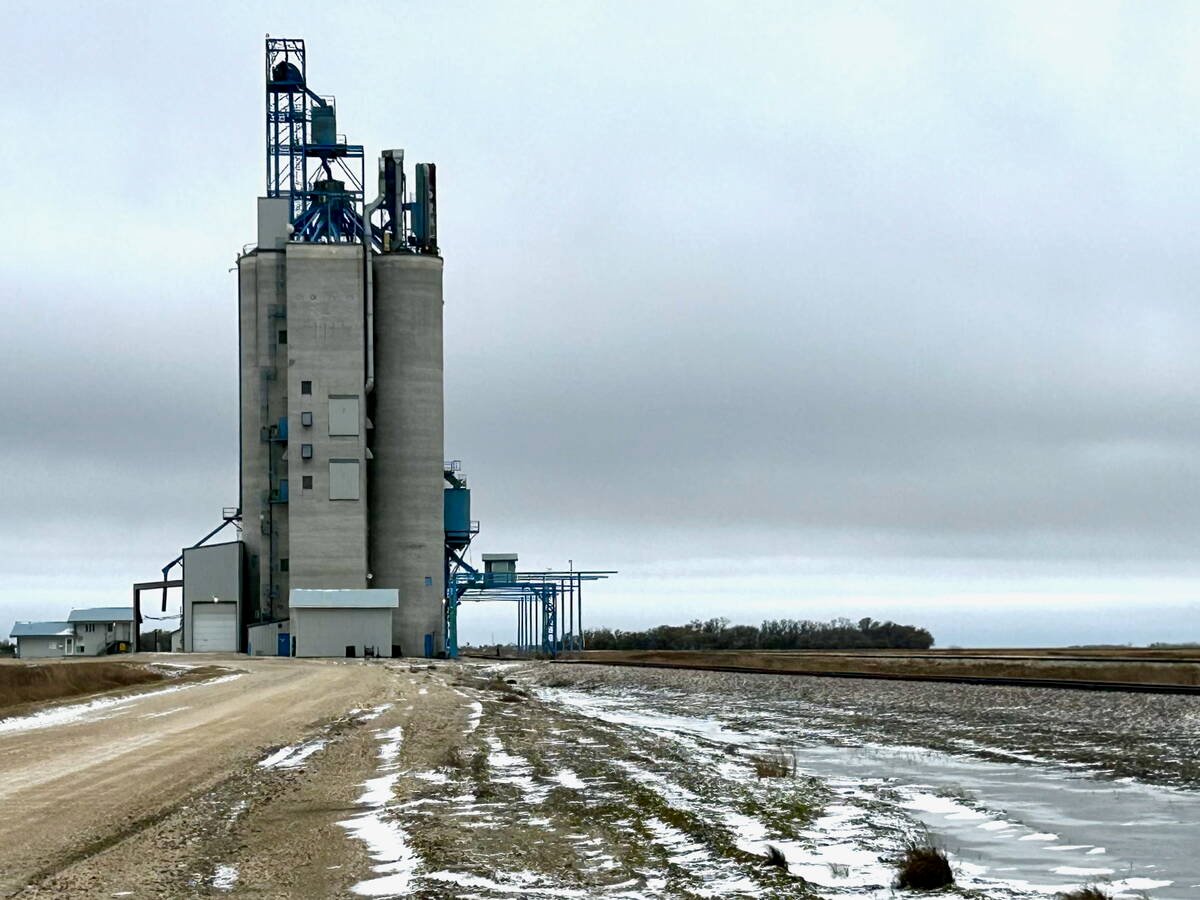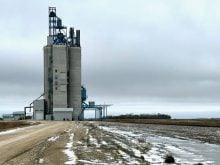Hen housing in Alberta:
RED DEER — Egg Farmers of Canada want people to eat more eggs.
The organization has rolled out a new program called Vision 2020 Crack 300 to encourage per capita egg consumption to increase to 300 from 253 per year.
“We as an organization would like to be one of the largest per capita egg users in the world,” said Roger Pelissero, chair of Egg Farmers of Canada.
Getting there means individual consumption needs to increase by one egg per week. Mexico, Russia and Japan are already there, Pelissero told the Egg Farmers of Alberta annual meeting in Red Deer last winter.
Read Also

Manitoba grain elevator ownership expands
Carman-based Linear Grain buys Fannystelle elevator from Bunge, another three elevators sold to Morden’s BP & Sons Grain and Storage Inc.
The Canadian egg industry has grown by 42 percent over the last 13 years. If the industry reaches this latest target, five million more layers would be needed.
The most popular egg sold in Canada remains the white, conventionally produced egg at 86 percent of the market. Sales of omega-3 eggs have dropped but egg sales produced in alternative housing systems, such as enriched cages, free-run or organic systems, have increased by eight percent. Enriched cages are those that allow birds to exhibit more natural behaviours by providing more space, more privacy, scratching areas and perches.
True egg lovers know it’s not weird to enjoy eggs anytime, whether for breakfast, lunch or dinner. Read out story to learn what Canadians are saying about #EggsAnytime. https://t.co/tSRcz90osF
— Egg Farmers (@eggsoeufs) May 23, 2020
Egg farmers have established seven pillars that support the United Nations sustainable development goals.
These are:
- research and development
- sustainability
- social licence and public trust
- international trade by identifying opportunities to export Canadian egg products and technology
- marketing
- resource and risk management
- partnerships and collaboration

















